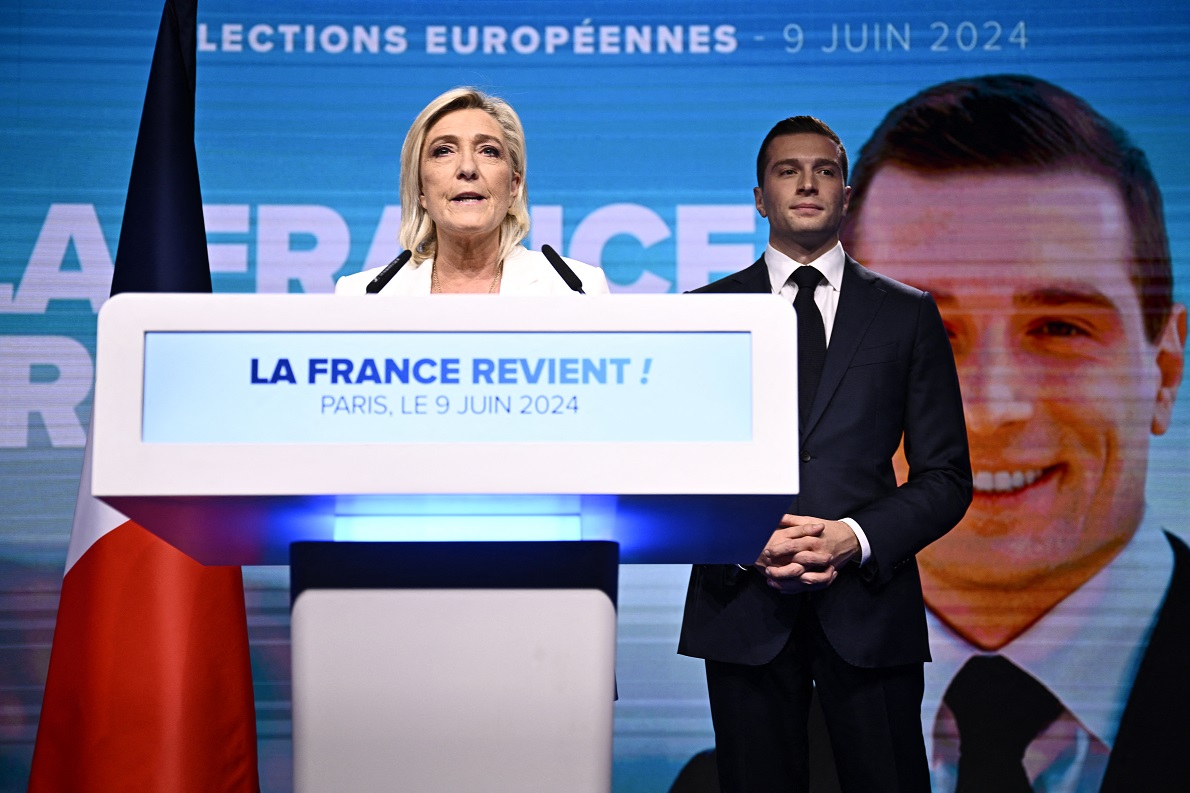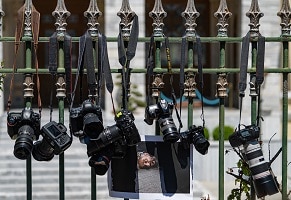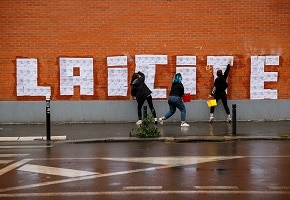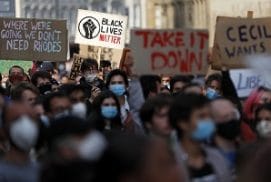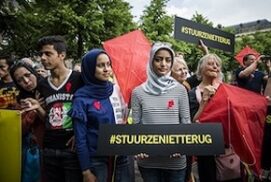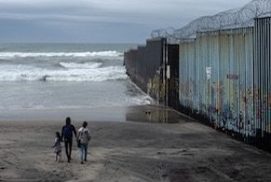Across Europe, far-right parties are gaining ground like never before since World War II, reshaping political landscapes and cultural narratives. From coalition governments to influential parliamentary blocs, their rise reflects deep-seated shifts in societal dynamics. What factors have fueled this surge? How have traditional parties and evolving cultural identities contributed to the far right’s growing appeal? What does it mean for Europe’s future? This dossier delves into the complex dynamics behind the far right’s ascent and the challenges it presents to European democracy.
Dossiers
Europe
- Where does the current crisis come from, and can there be any political solution? Five world-renowned post-Sovietic geopolitics scholars and journalists respond in this Dossier derived from the recent Reset DOC roundtable: José Casanova, Andrea Graziosi, Nataliya Gumeniuk, Alexander Motyl and Frank Sysyn.
- America’s embarassing retreat from its “longest war” in Afghanistan has damaged so heavily its international credibility, that the questions being asked this month by world governments – as well as non-State actors and movements – may well redefine their strategies for years to come. Here’s a first comparative glance.
- Coping with pressure and repression; seeking new models to keep free journalism, and democracy, alive. A special Dossier.
- The terrorist murder of French professor Samuel Paty in the Paris suburb of Conflans-Sainte-Honorine in autumn 2020 has re-opened a heated debate concerning the liberty of teaching, freedom of expression, and the role of secularism in a pluralist society. What is the specific nature of French laïcité, and how has it changed over time since its juridical establishment in 1905? How does it compare with other Western approaches to secularism and, most critically, with Muslim perspectives on the matter? Why has this provoked a diplomatic dispute between France and Turkey, and more broadly the boycott of French products in many Muslim countries?
- Today’s world and tomorrow’s America don’t look the same as they did one month ago. If that is the case, socially and politically, it is not just because of the “revolutionary” power of the Covid-19 pandemic, which has demonstrated its ability to disrupt well-established political leaderships, but also because of a different, human-moved force of change: the global anti-racist revolt which has followed George Floyd’s murder. How will it impact on the US, four months short of a crucial election, and the world? A kaleidoscope of stories, voices and perspectives in this special ResetDoc Dossier.
- Some historical events do not stop releasing their powerful lessons even years or decades later. That is beyond doubt the case with the fall of the Berlin Wall, and the rest of the chain of events which marked the collapse of the Soviet system over 1989. Its significance for Europe, and for ourselves, still merits being investigated thirty years later. That is what this Dossier tries to do, with the accounts and reflections by Riccardo Cristiano, Simone Disegni, Marta Facchini, Siegmund Ginzberg, and Lorenzo Monfregola.
- Contrary to all predictions of an era dominated by digital agorà, especially for the youngsters, the square is back as the primary place and instrument of protest. A comparative enquiry.
- In the country once famous for its multiculturalism and its civil rights, today the wind seems to have changed. A new extreme right has appeared and risks changing the political landscape at the next European elections. Thierry Baudet, the leader of the Forum for Democracy, is educated, dandy, histrionic, quotes philosophers and speaks to young people and citizens. In the Dutch populist competition, it seems that Geert Wilders’ star has found a worthy competitor.
- An “illiberal trend” is haunting Europe. And the United States. It is a virus that is eating away at our democracies, which seem ever less to resemble “Liberal Democracy.” Freedom of the press and freedom of religion are being squeezed across Europe; independent institutions are contested by political parties that enjoy significant public support. The fundamental respect for human rights is no longer the guiding principle of the democracies that emerged from the Second World War.


